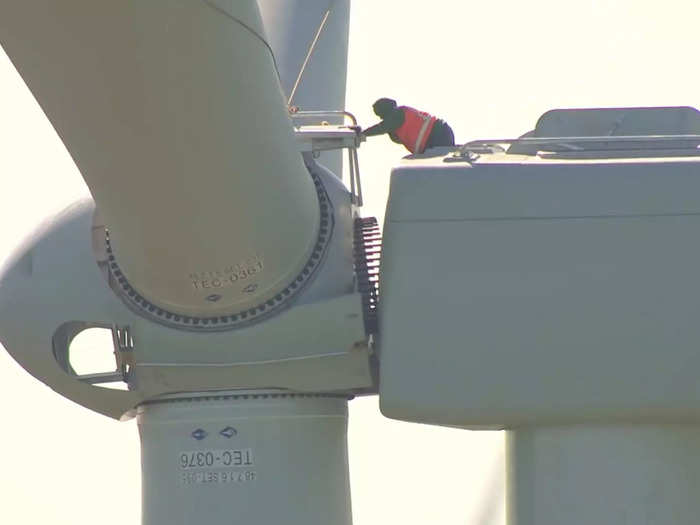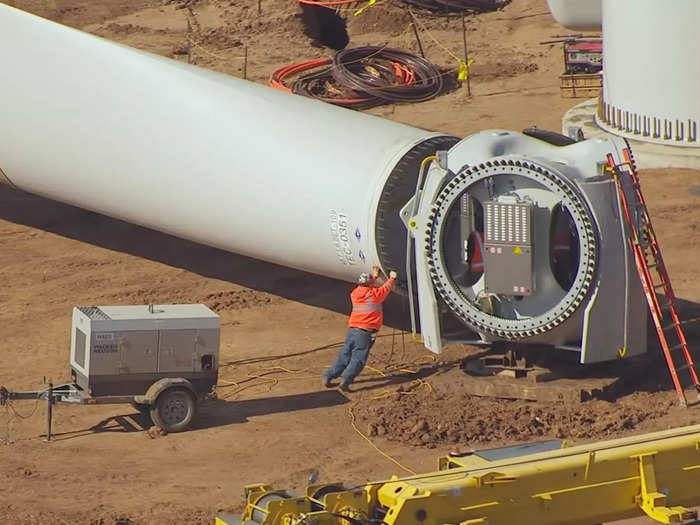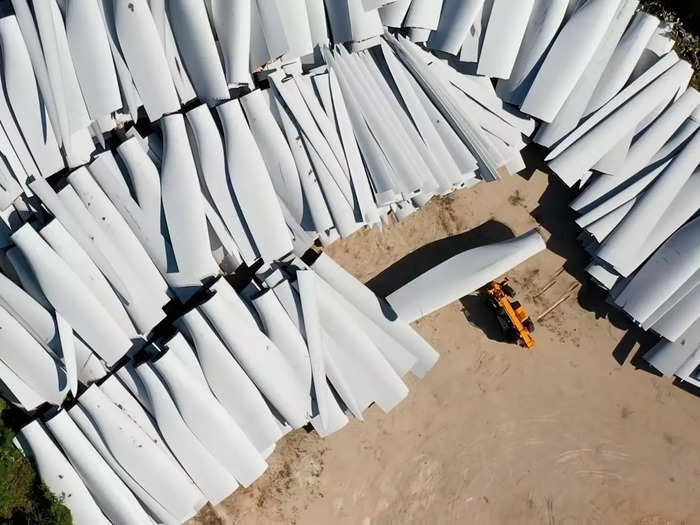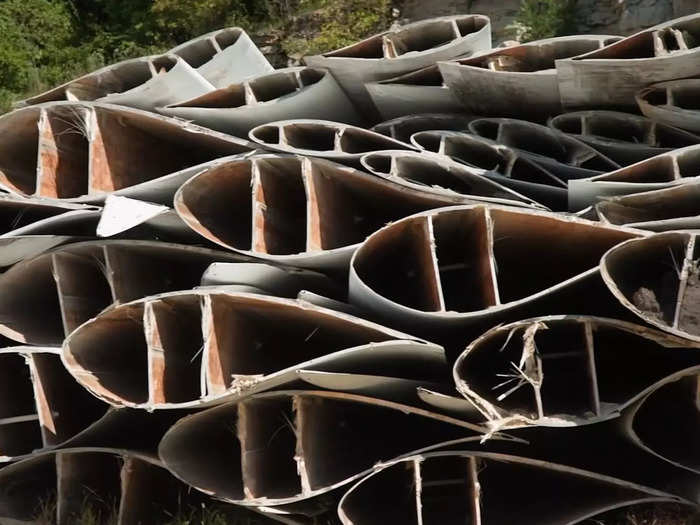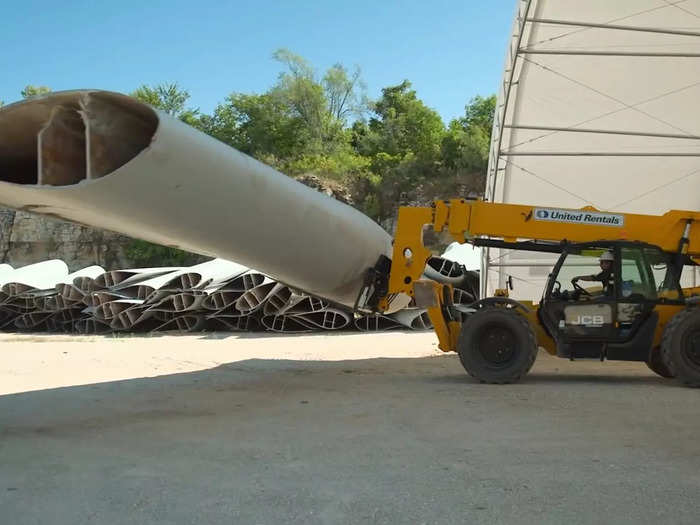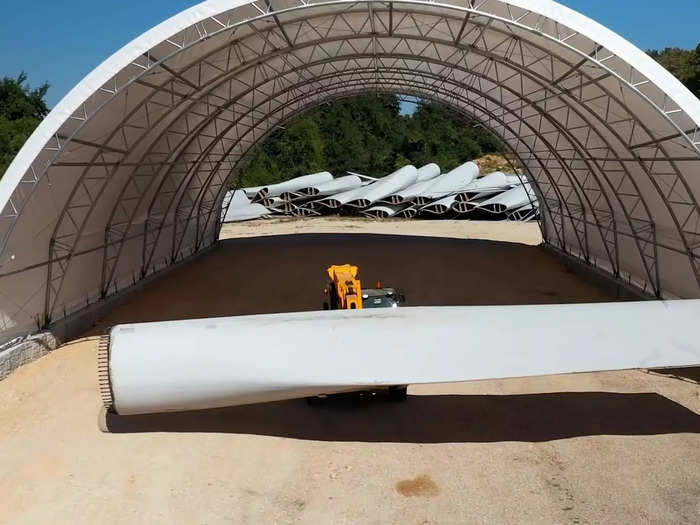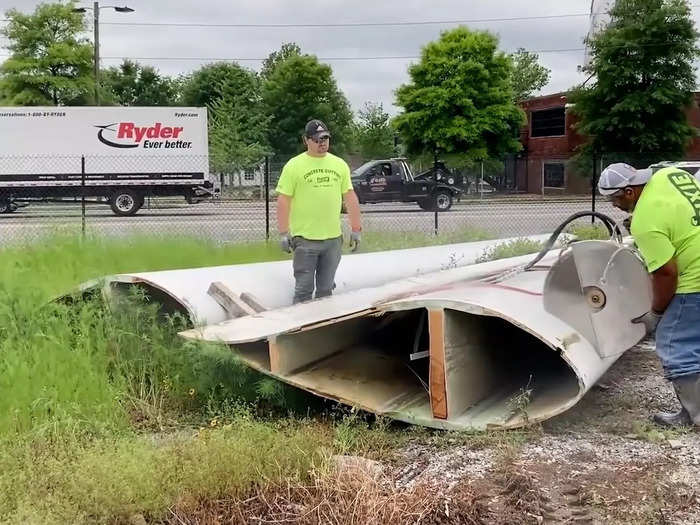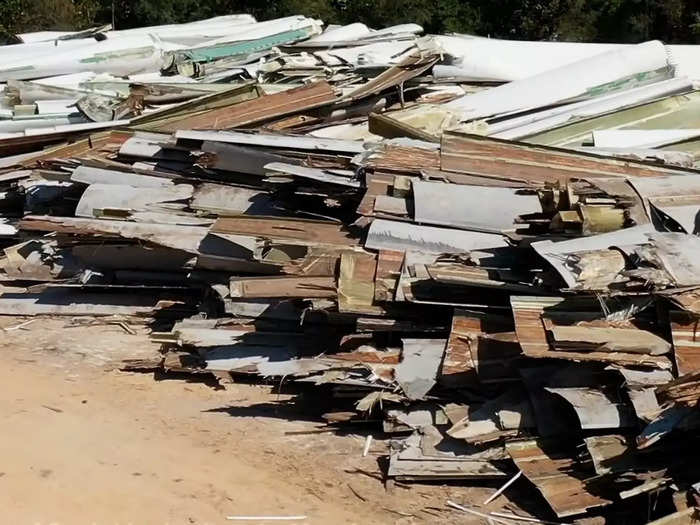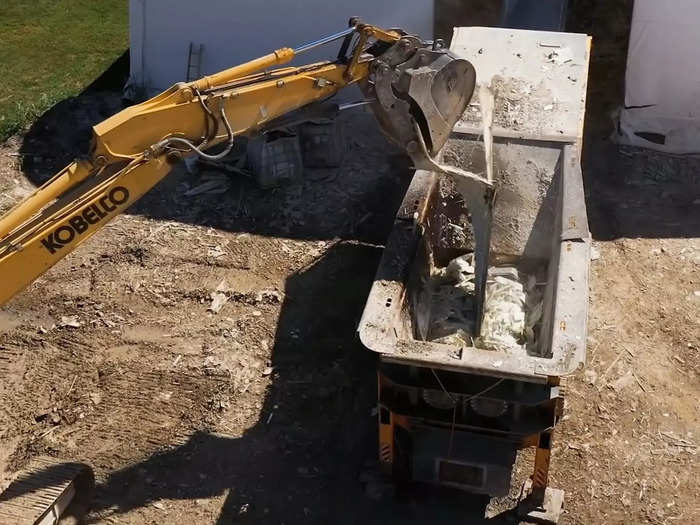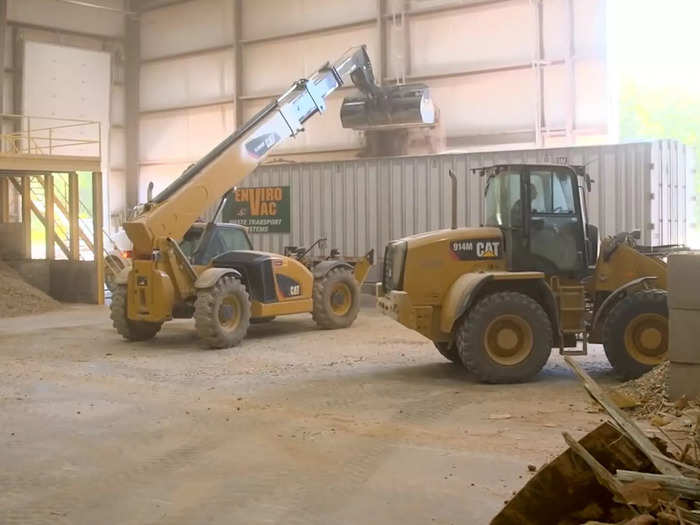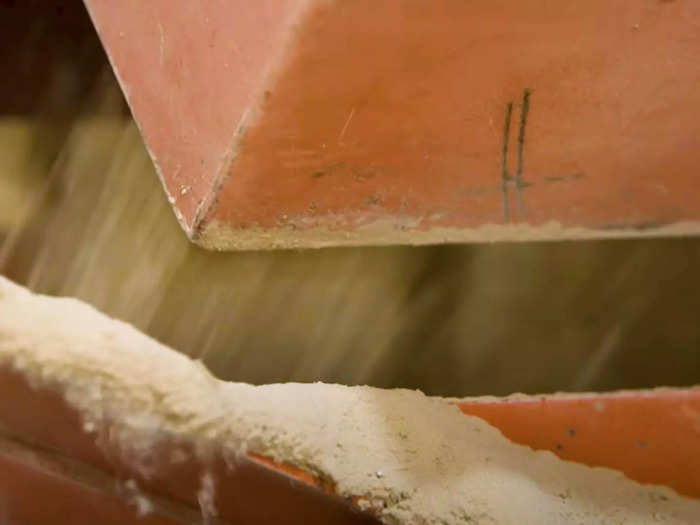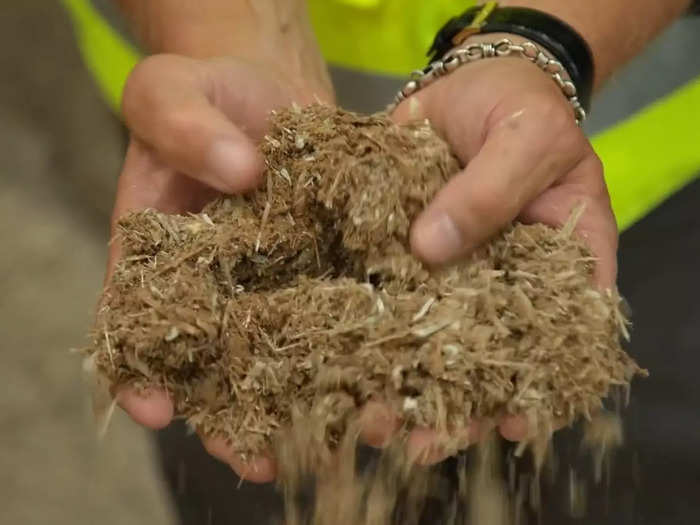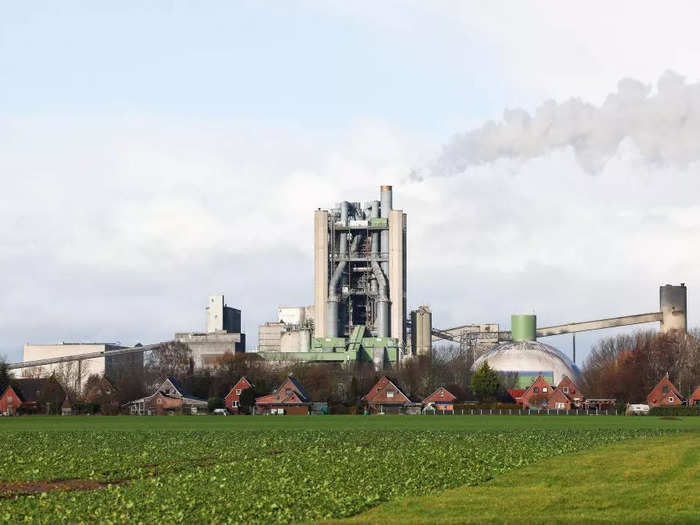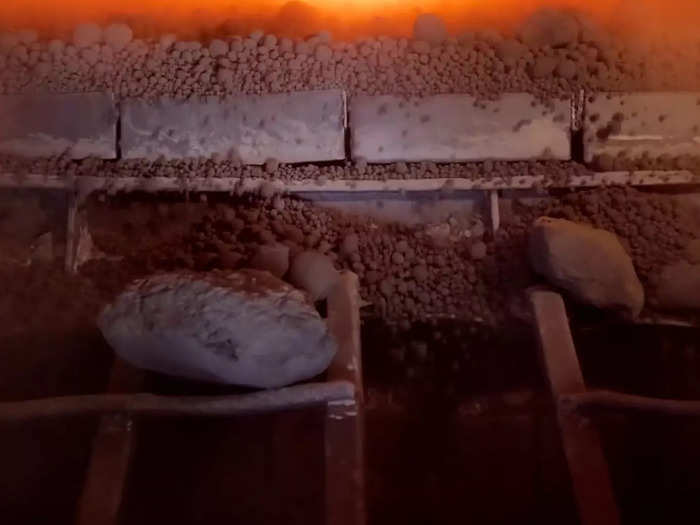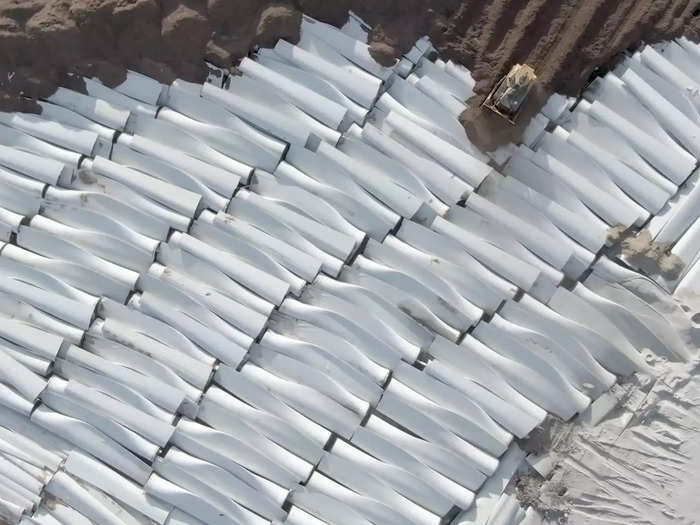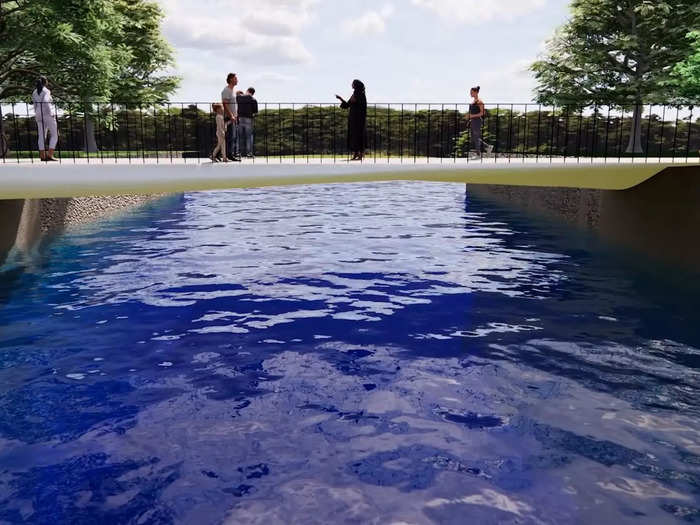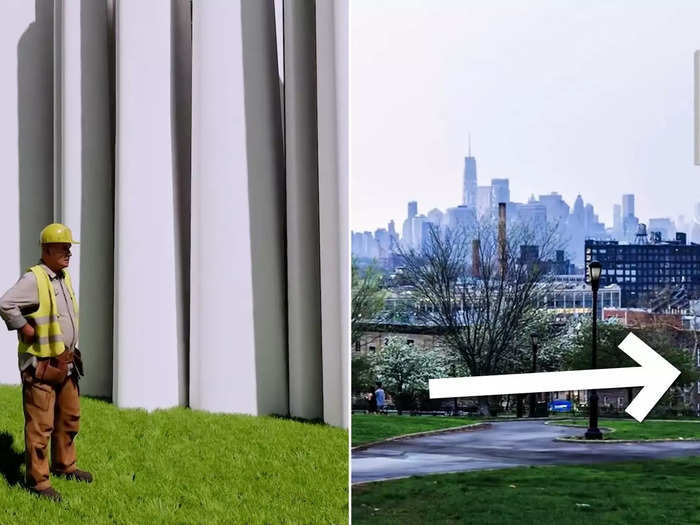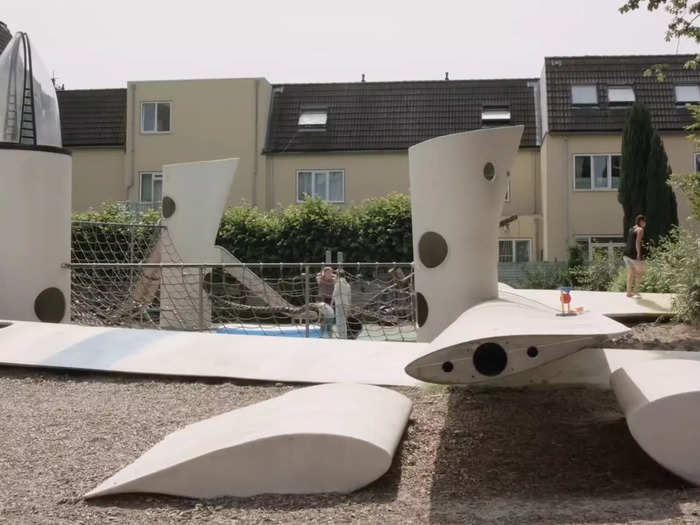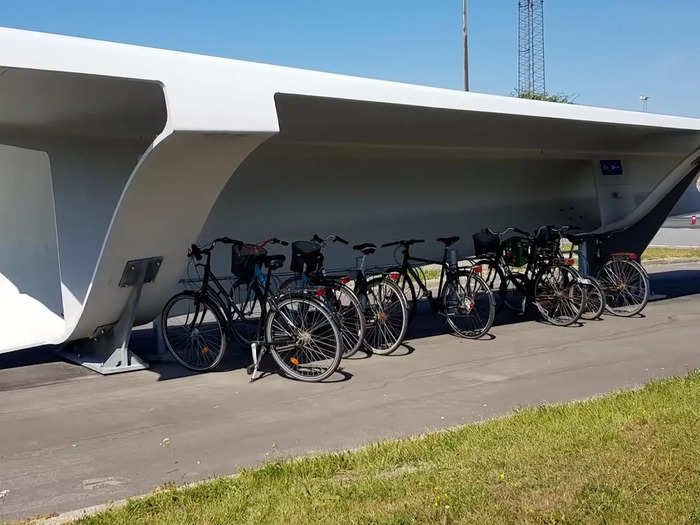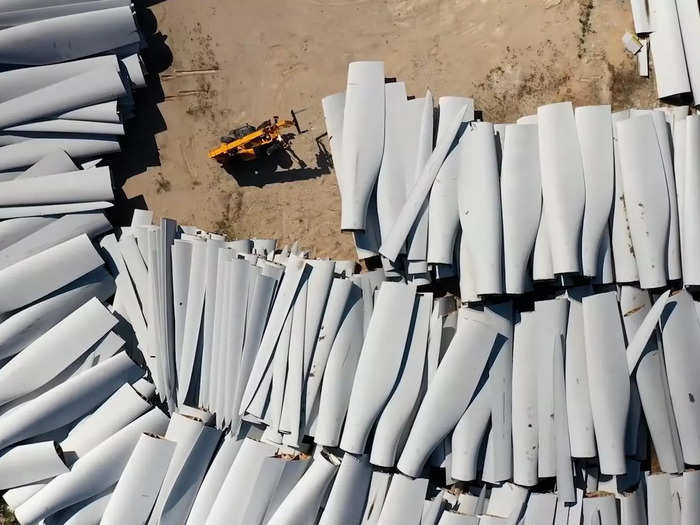Piles of wind turbine blades at a waste management facility in Missouri.Sam Paakkonen
- Wind turbine blades are difficult to recycle because of their massive size and durable material.
- One company is the first in the US to shred the blades so they can be used as fuel in cement-making.
As America installs more wind turbines, a new waste problem is growing.
Smithsonian/Getty Images
The massive blades have to be replaced every 20 years — and sometimes more often if they break or need upgrades.
Smithsonian/Getty Images
And most of them end up in landfills.
A pile of wind turbine blades in Louisiana, Missouri. Sam Paakkonen
Wind energy is growing faster than any other type of renewable energy, according to 2021 data. But to reach net-zero emissions of planet-warming gases, global capacity still needs to double — which could mean a tsunami of turbine waste.
Sam Paakkonen
Figuring out how to recycle it now could save a major headache down the road. Veolia — a waste, water, and energy management company — is trying to do just that.
Sam Paakkonen
It gets the blades from GE Renewable Energy. They travel from all over the US to the town of Louisiana, Missouri.
Sam Paakkonen
The first step is slicing them into smaller segments.
Re-Wind
After being sliced into a more manageable size, the blades look like this.
Sam Paakkonen
The next stop is this shredder. It's powerful enough to crush the 20-foot sections into pieces about the size of a football.
Sam Paakkonen
The chunks go to another shredder that grinds them down even more.
Sam Paakkonen
Then a sorting machine filters out any remaining large pieces.
Sam Paakkonen
The final product looks like this.
Sam Pakkonoen
Right now, GE pays Veolia to recycle the blades, and Veolia pays to send the final product to cement factories.
A cement plant in Lägerdorf, Germany. picture alliance/Getty Images
But most of the cement industry's emissions come from heating limestone in kilns, so this process probably won't make much of a dent.
A furnace used in industrial cement production. Artur Osypian/Getty Images
Cement factories burn the turbine blades for fuel — replacing some of the coal the factories usually use. Veolia says its product burns cleaner.
Veolia says the main benefit of shredding and burning giant turbine blades is keeping them out of landfills.
Sam Pakkonen
Some researchers say reusing the blades would be better — like Larry Banks, whose team at Re-Wind is using one to build a pedestrian bridge in Ireland.
Re-Wind
They have proposals to turn wind turbines into cellphone towers and fencing, too.
Re-Wind
Re-Wind isn't alone in looking for creative ways to reuse turbines. Architects in the Netherlands turned old blades into a playground.
Denis Guzzo
Another company in Denmark, called Siemens Gamesa, created a bike shed.
Siemens Gamesa
These reuse-focused solutions probably can't take on the scale of the waste that's coming.
Sam Pakkonen
There are already more than 70,000 turbines in the US, according to the US Wind Turbine Database.
And with plans to expand offshore wind, the US could have 2,000 more within the next decade, Reuters reported.
On a global scale, a 2017 study predicts global waste from turbine blades will exceed 47 million tons by 2050.

